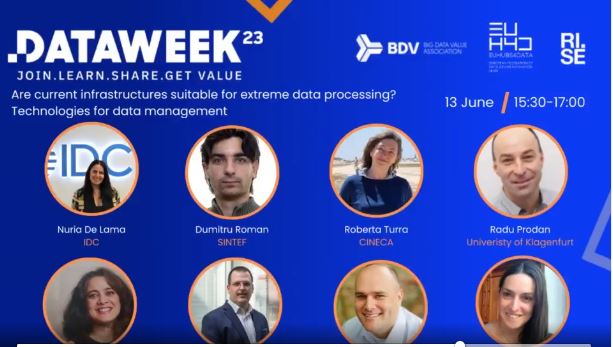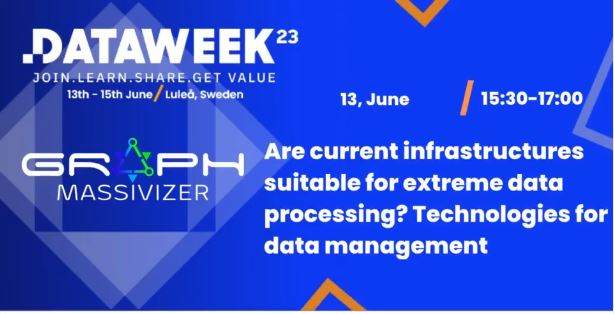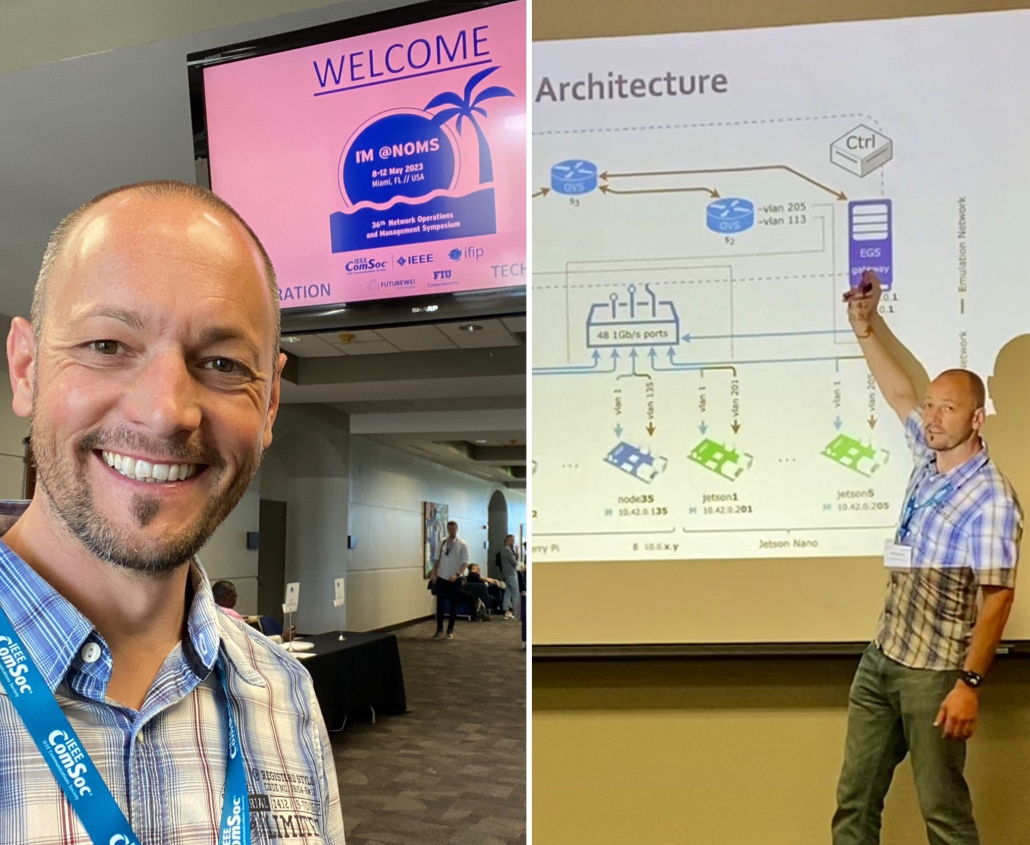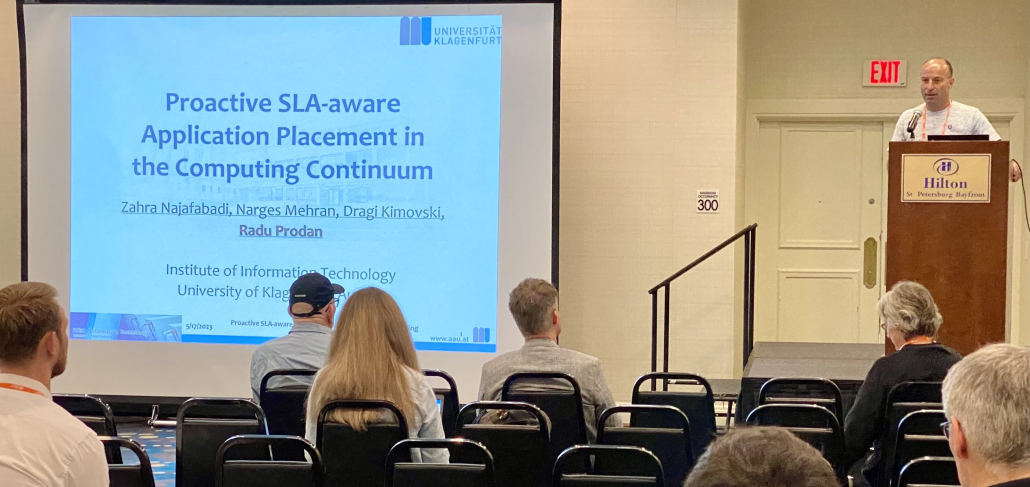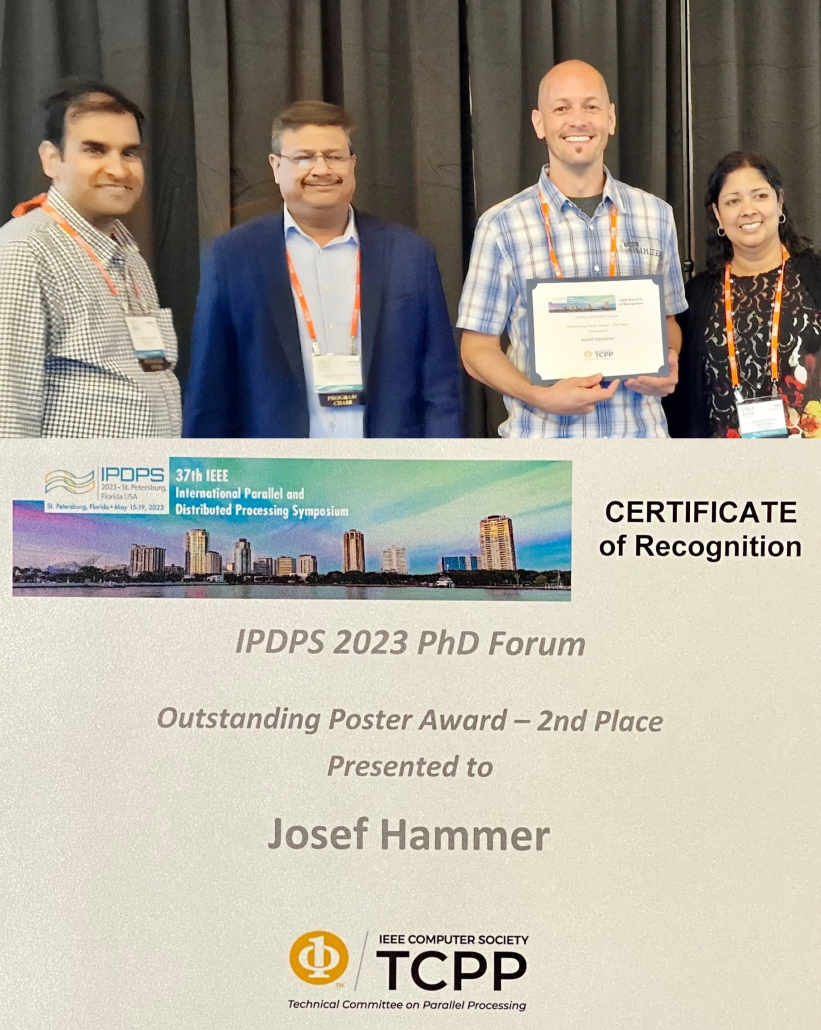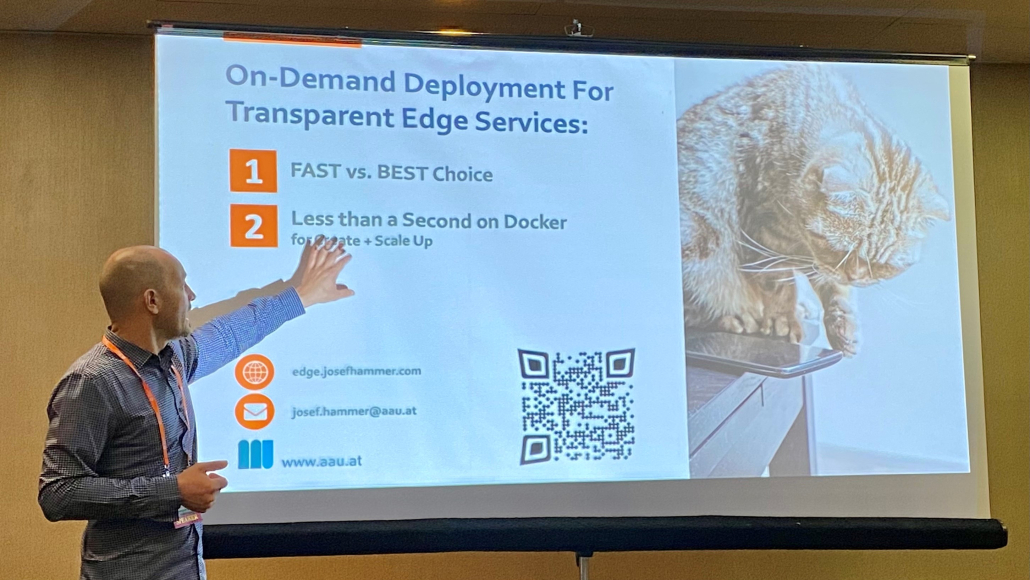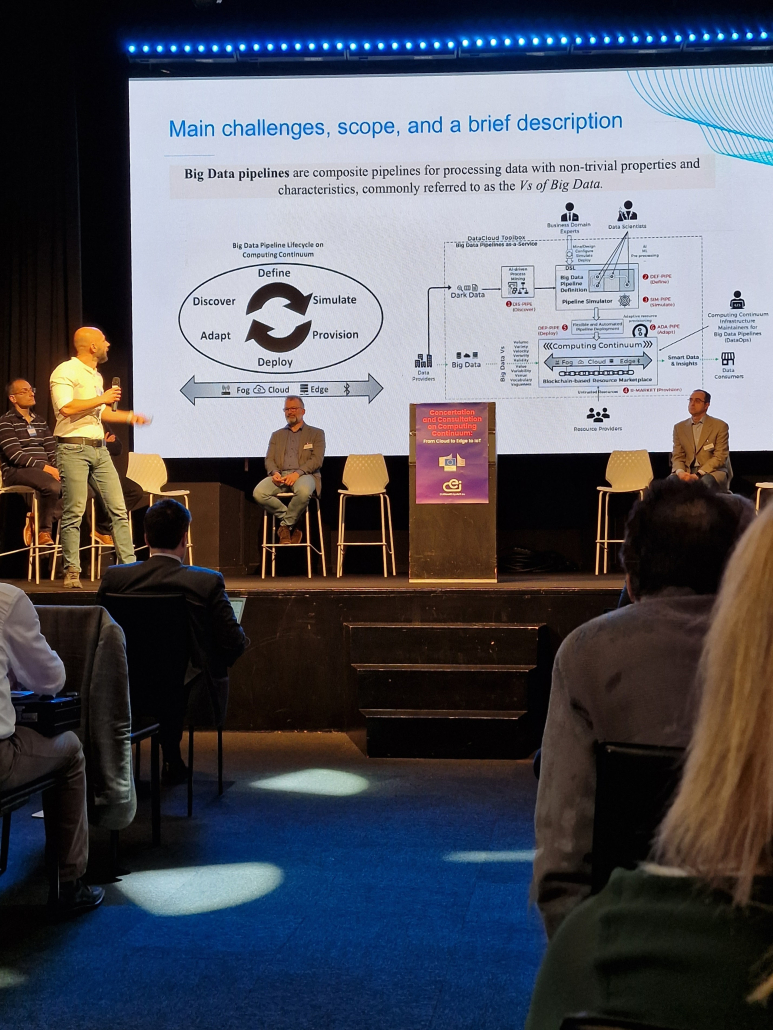Authors: Martin Molan, Junaid Ahmed Khan, Andrea Bartolini, Roberta Turra, Giorgio Pedrazzi, Michael Cochez, Alexandru Iosup, Dumitru Roman, Jože Rožanec, Ana Lucia Vărbănescu, Radu Prodan
COMPSAC 2023: 1st IEEE International Workshop on Digital Twins for Metaverse
Abstract: Modeling and understanding an expensive next-generation data center operating at a sustainable exascale performance remains a challenge yet to solve. The paper presents the approach taken by the Graph-Massivizer project, funded by the European Union, towards a sustainable data center, targeting a massive graph representation and analysis of its digital twin. We introduce five interoperable open-source tools that support this undertaking, creating an automated, ustainable loop of graph creation, analytics, optimization, sustainable resource management, and operation, emphasizing state-of-the-art progress. We plan to employ the tools for designing a massive data center graph, representing a digital twin describing spatial, semantic, and temporal relationships between the monitoring metrics, hardware nodes, cooling equipment, and jobs. The project aims to strengthen Bologna Technopole as a leading European supercomputing and big data hub offering sustainable green computing for improved societally relevant science throughput.
